Question And Answer
Publications
Articles, publications, books, tools and multimedia features from the U.S. Institute of Peace provide the latest news, analysis, research findings, practitioner guides and reports, all related to the conflict zones and issues that are at the center of the Institute’s work to prevent and reduce violent conflict.
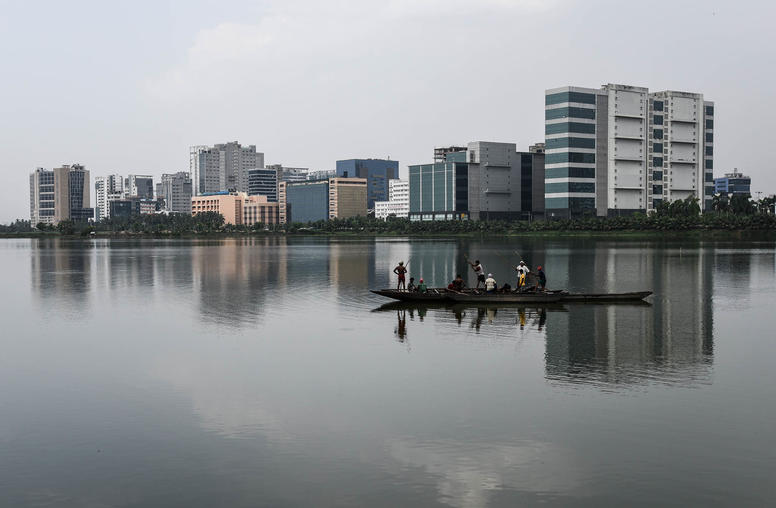
Climate Change, Migration and the Risk of Conflict in Growing Urban Centers
From 2015 to 2050, the world’s urban population is expected to nearly double, in part because migrants from rural areas devastated by climate change are being driven to cities in search of economic and social stability. However, many of the world’s fastest-growing cities are already struggling to handle their own climate issues. From rising seas to freshwater scarcity, the complex interplay of climate change, population growth and fragility in cities has made them hotbeds for social and economic inequalities — increasing the risk of violence and having a profound impact on human security in urban centers around the world.
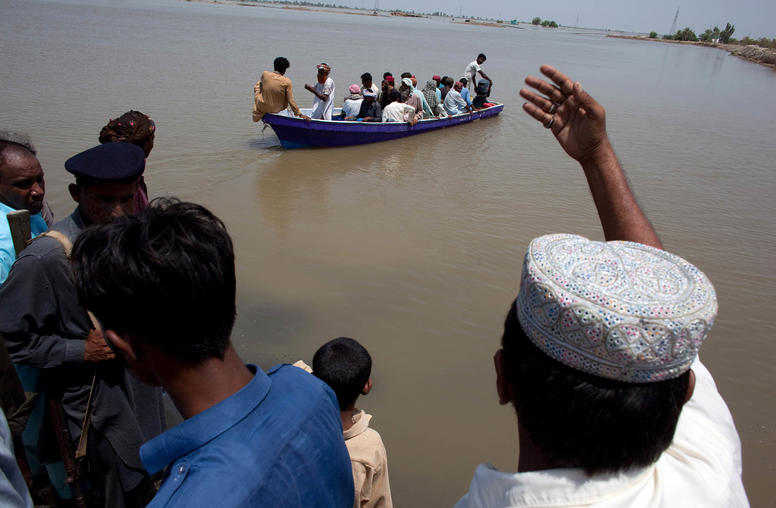
Pakistan’s Climate Challenges Pose a National Security Emergency
Pakistan is in the midst of a terrible heatwave, with the temperatures in parts of the country exceeding 120 F. April was the hottest month in the past 61 years, until May came along and saw warmer temperatures. At least 65 people have reportedly died due to the heatwave, but the actual numbers are certainly higher, and it’s caused massive flooding and infrastructure damage in Gilgit-Baltistan, water shortages in Karachi and broader Sindh province, and placed greater demands on the country’s weak electrical grid. Despite monsoon rains beginning in late June — causing at least 77 deaths — many parts of the country still swelter. Pakistan should treat these climate disasters as a full-fledged national security emergency before they stoke conflict that adds further stress amid the country’s other numerous challenges.
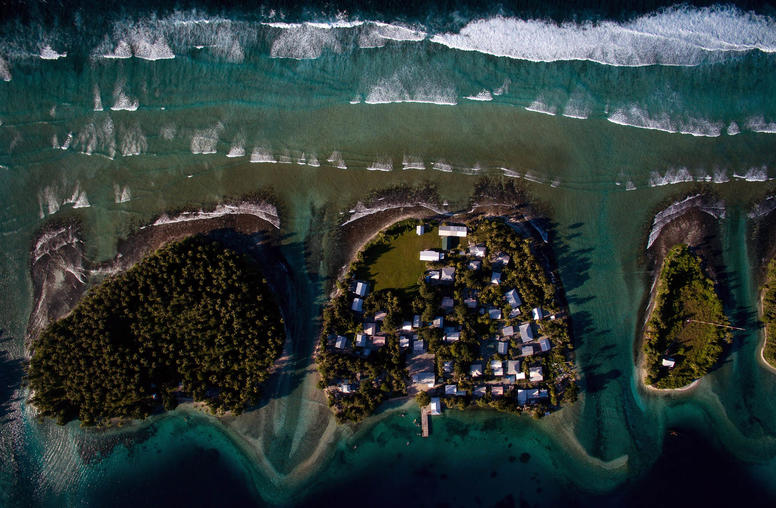
Pacific Islands Forum: Leaders Want to Focus on Climate Change, Not Geopolitics
The annual Pacific Islands Forum (PIF) Leaders Meeting will convene next week in Suva, Fiji, against the backdrop of increasing geopolitical competition in the region. But as the United States and its partners grow increasingly wary of China’s strategic interests in the Pacific Islands, leaders of PIF member states seek to shift regional attention to their greatest security concern: climate change.
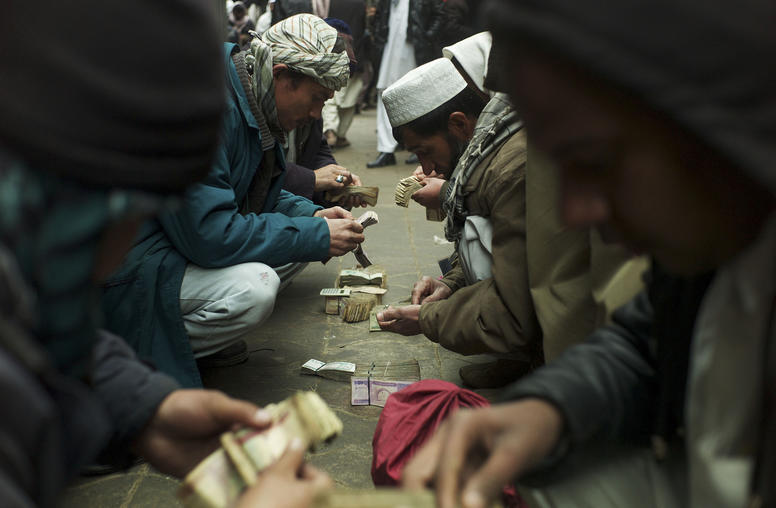
Dismembering Afghanistan’s Ministry of Finance
In Afghanistan, where corruption and ineffective government have hampered efforts to build a functioning state, the Ministry of Finance has been a standout performer. Competently run since as early as 2002, the ministry collects substantial revenue, manages aid inflows, pays public employees, funds key public services and has won the confidence of donors. Now, all that is threatened. The Afghan government is eviscerating the ministry—carving out key constituent parts, putting them directly under the presidential palace, and gravely weakening one of the country’s most effective institutions. It’s a move that’s bad for Afghanistan’s governance and financial viability. It will harm the country’s development and jeopardizes the sustainability of peace if an agreement is reached with the Taliban.
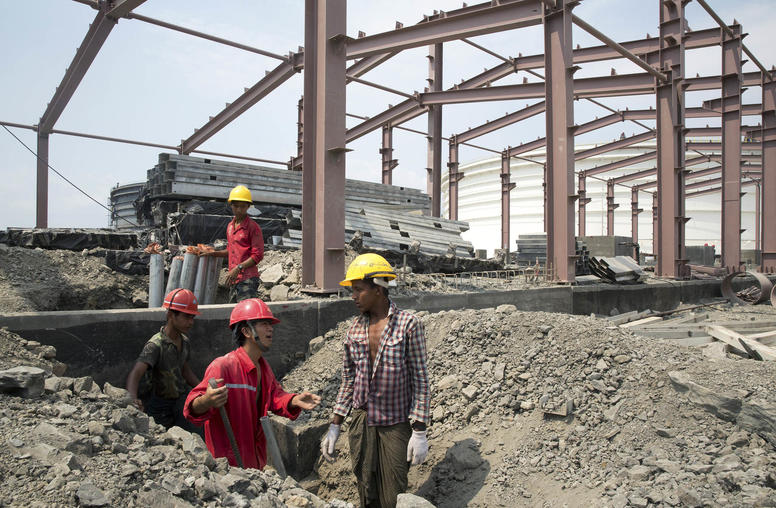
Chinese Crime Networks Partner with Myanmar Armed Groups
Along the banks of the Moei River that separates southeastern Burma from Thailand, three new cities are emerging on the traditional lands of Burma’s ethnic Karen. Not long ago, the area was wracked by intense combat between the Myanmar army and Karen nationalists. Today, hotels, casinos and condos are sprouting in unauthorized “special economic zones” owned and operated by murky Chinese business networks in partnership with local, mutually hostile armed groups. Of the three deals behind these cities, two were signed between January and March while the world focused single-mindedly on the spreading coronavirus.
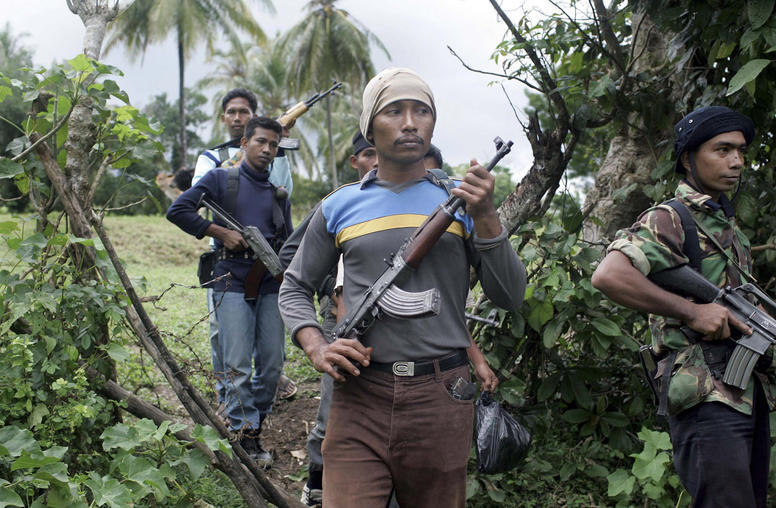
Can We Make Peace with the Coronavirus?
As humanity struggles to confront the coronavirus pandemic, we face no greater obstacle than the violent conflicts worldwide that prevent many communities and nations from the necessary task of working in unison. Is it conceivable to have Israelis and Palestinians working cooperatively to contain the virus, or the opposing sides in bitter conflicts from Afghanistan to Yemen? It is not only conceivable, a practical model for achieving this cooperation is available in the work of environmental peacebuilders—visionary groups that have been working across the lines of conflict to confront the universal threat of climate change.
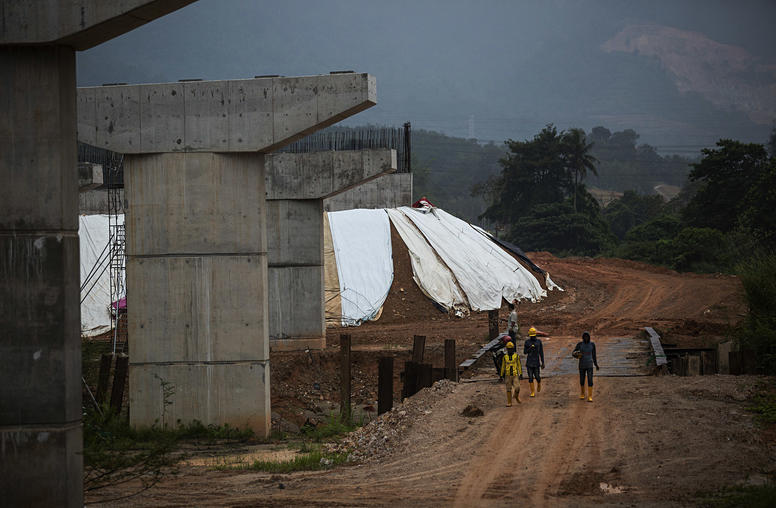
China’s Belt and Road: Progress on ‘Open, Green and Clean?’
A year ago, Chinese leaders committed themselves to cleaning up their act in pursuit of the Belt and Road Initiative (BRI)—Beijing’s plan to connect China to the world largely through infrastructure projects. The BRI had become synonymous with environmental degradation, corruption, and lack of transparency, and China’s top officials pledged new approaches. The Belt and Road Initiative, they said, would become “open, green, and clean” as it worked with partner countries to build public works, deepen trade linkages, and advance financial and development policy connections around the world.
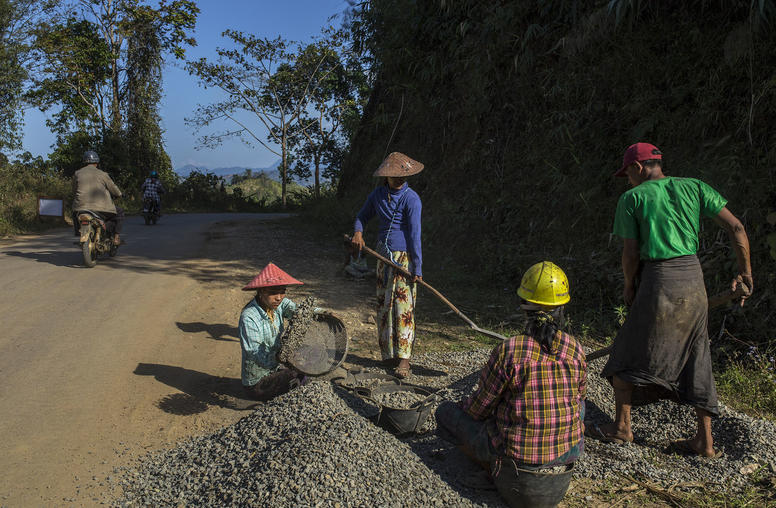
China Using Pandemic Aid to Push Myanmar Economic Corridor
From almost the moment Myanmar detected its first case of COVID-19 on March 23, China jumped to aid its neighbor to the south. China’s army, navy, and government agencies, as well as companies, showered nearly every level of Myanmar’s government and military with health assistance. The question for Myanmar civil society groups was whether the help came with strings attached. On May 21, they got their answer: After a phone call between Chinese leader Xi Jinping and Myanmar’s President U Win Myint about COVID-19 response and Chinese assistance, Xi moved to a second agenda item—the implementation of 33 cooperative economic agreements signed during his historic visit to Myanmar in January. Of particular concern: co-construction of the multi-billion-dollar China-Myanmar Economic Corridor.
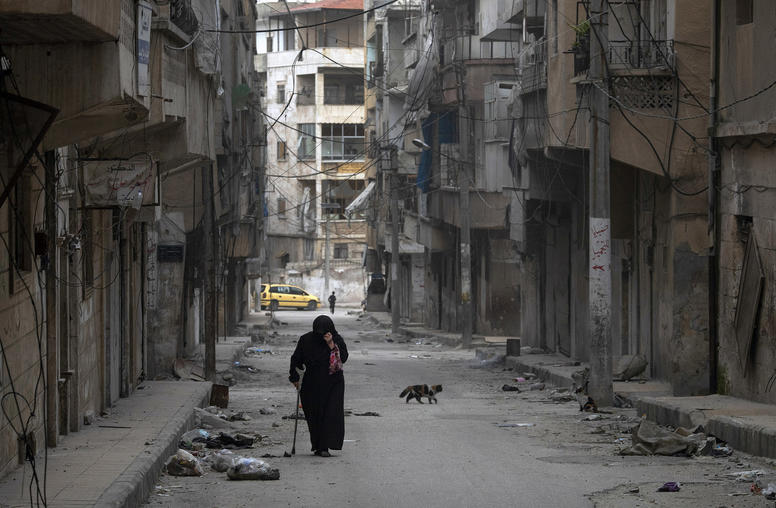
How Will New U.S. Sanctions Impact Syria’s Conflict?
After nearly a decade of civil war and strife, Syria’s long-troubled economy is in tatters with spiraling hyperinflation, food shortages, and widespread unemployment. The Syrian pound has less than a fifth of the currency’s value from this time last year. These economic woes have led to new protests in areas long controlled by the regime. Amid this economic turmoil, the U.S. Caesar Syria Civilian Protection Act comes into force today, targeted at key internal and external pillars of support for the Assad regime. USIP’s Mona Yacoubian looks at what led to the economic collapse, how the regime is responding to the protests, and the implications of the new U.S. sanctions.
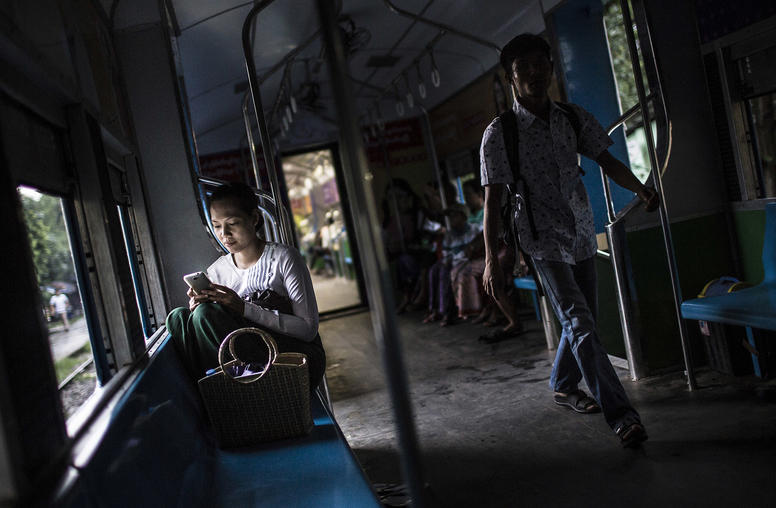
Myanmar: Transnational Networks Plan Digital Dodge in Casino Enclaves
The plans transnational crime groups have for Myanmar’s border region with Thailand are by no means easy to understand. Shards of information lie scattered across China, Myanmar, Cambodia, the Philippines, and Thailand. They appear in various languages in publicity videos on the internet, in business plans circulated on social media, and in white papers released by companies and individuals launching increasingly sophisticated schemes. The outline becomes clear, however, after cutting through denials and obfuscations, untangling local and international politics, and assembling the fragmentary data: A multinational cohort of individuals, linked to cross-border criminal activity, has allied with local armed groups in Myanmar to establish a base of operations beyond the reach of its civilian government. This creates an optimal environment to tap into the $25 billion-a-year illegal online gambling market in the People’s Republic of China.